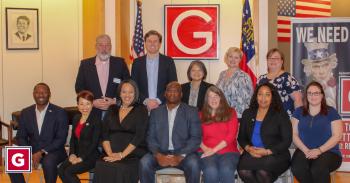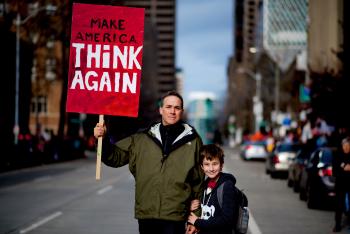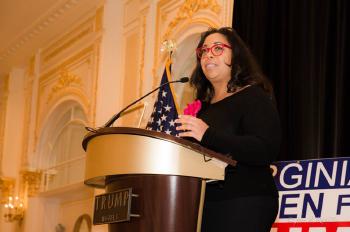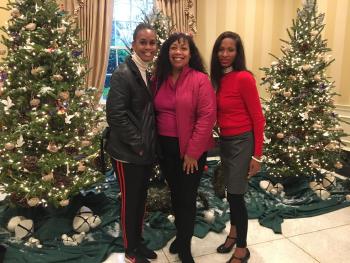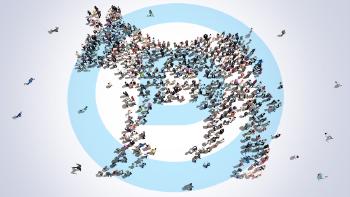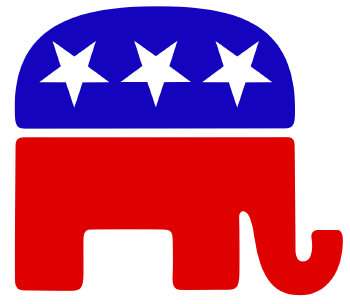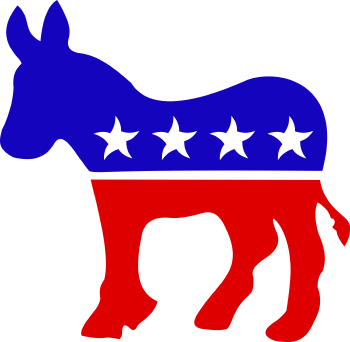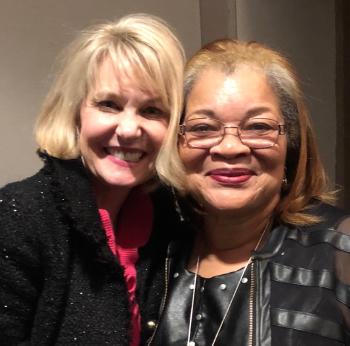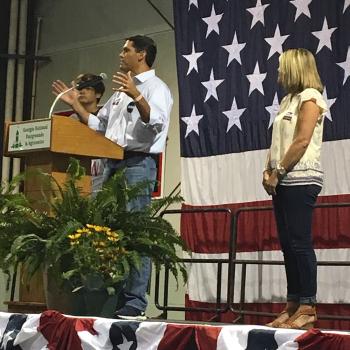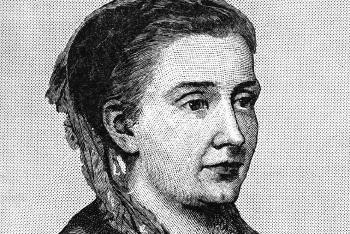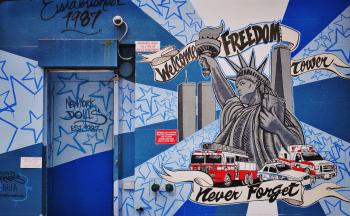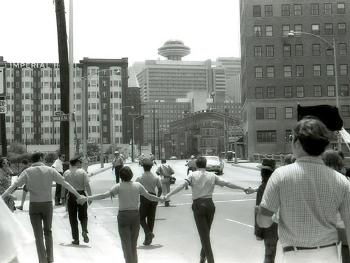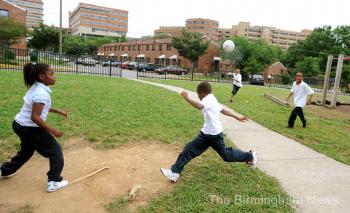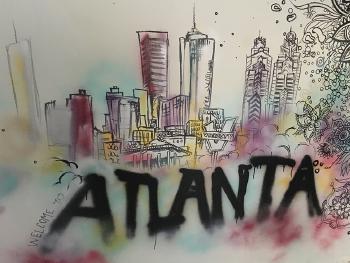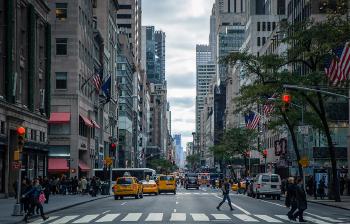A Labor of Love
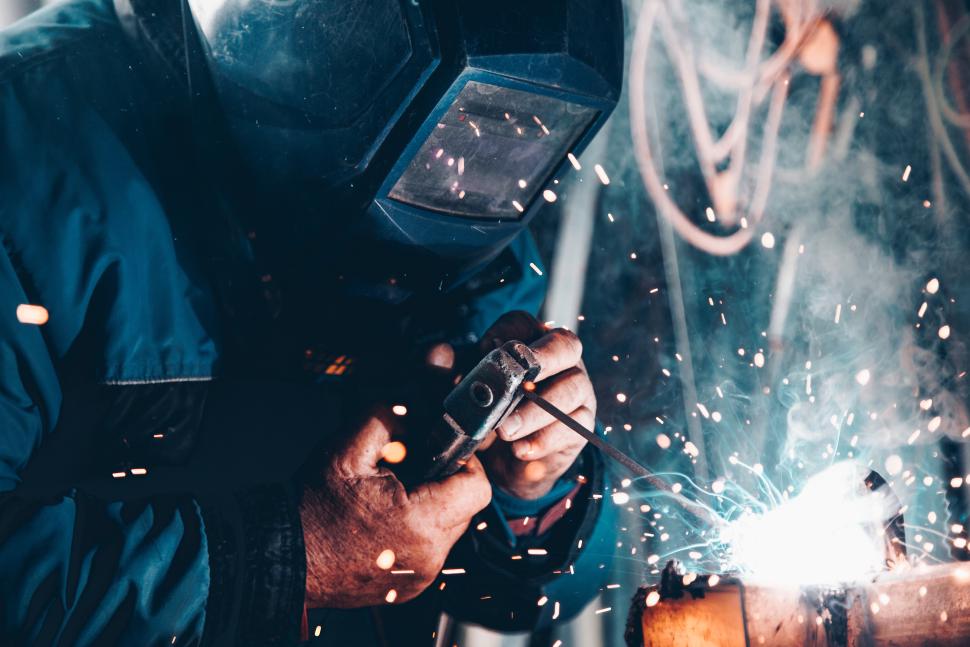

Lisa Noël Babbage
Author, Teacher, Philanthropist
Sep. 5, 2018
“It becomes a labor of love, then, to monitor our shared responsibilities of contributing to conversations online that either build or destroy the American fabric the Constitution knitted for each of us.”
The men and women who, through their access to industrialization, physically built the American infrastructure did so with a singleness of thought. They caught the vision of a burgeoning nation that capitalized on a moment in time. At the turn of the century, that moment in time was characterized by mechanical technology, assembly lines, and elbow grease. Through the long hours and work ethic previous generations in this nation laid the physical foundation for the metaphysical foundation the United States Constitution permitted.
In less than 150 years after the first Labor Day federal holiday in 1894, most of the labor generating revenues that promote American laws and stability are in the arena of a new kind of technology.

In today’s global economy, the tech industry has overshadowed turn of the century “labor,” thrusting a new level of ownership onto the American people. Those that, as a part of the “great generation,” physically labored to build America to a level of greatness, have left the nation in the hands of people who stare at screens and use their minds in a measure equal to that of the steel worker’s use of muscles that shape and turn raw materials into goods that form our framework for success. These laborers of the past followed prescribed protocols for maintaining safety and shared responsibilities while pushing the limits of what man could achieve through ingenuity. Current laborers work at a speed that surpasses the development of similar guidelines that protect the foundation we stand upon. The onus, therefore, must fall on the individual to self-police interactions that contribute to the maintenance of our country. When this practice fails, the American structure is weakened.
It becomes a labor of love, then, to monitor our shared responsibilities of contributing to conversations online that either build or destroy the American fabric the Constitution knitted for each of us.
While only a dozen or so nations do not recognize any federal Labor Day holiday, most nations have adopted Labor/Labour Day as part of their federal celebrations on May first. The United States chose September for its temperate weather throughout much of the country during this time, according to American Federation of Labor vice president P. J. McGuire, giving the working class of peoples an opportunity to enjoy the fruits of their labor with a street parade followed by a picnic.
In a day where words are hurled toward unassuming listeners with the speed of light, we cannot forget the principle behind community and shared responsibilities that make a street parade and a picnic a thing of beauty we all need.
